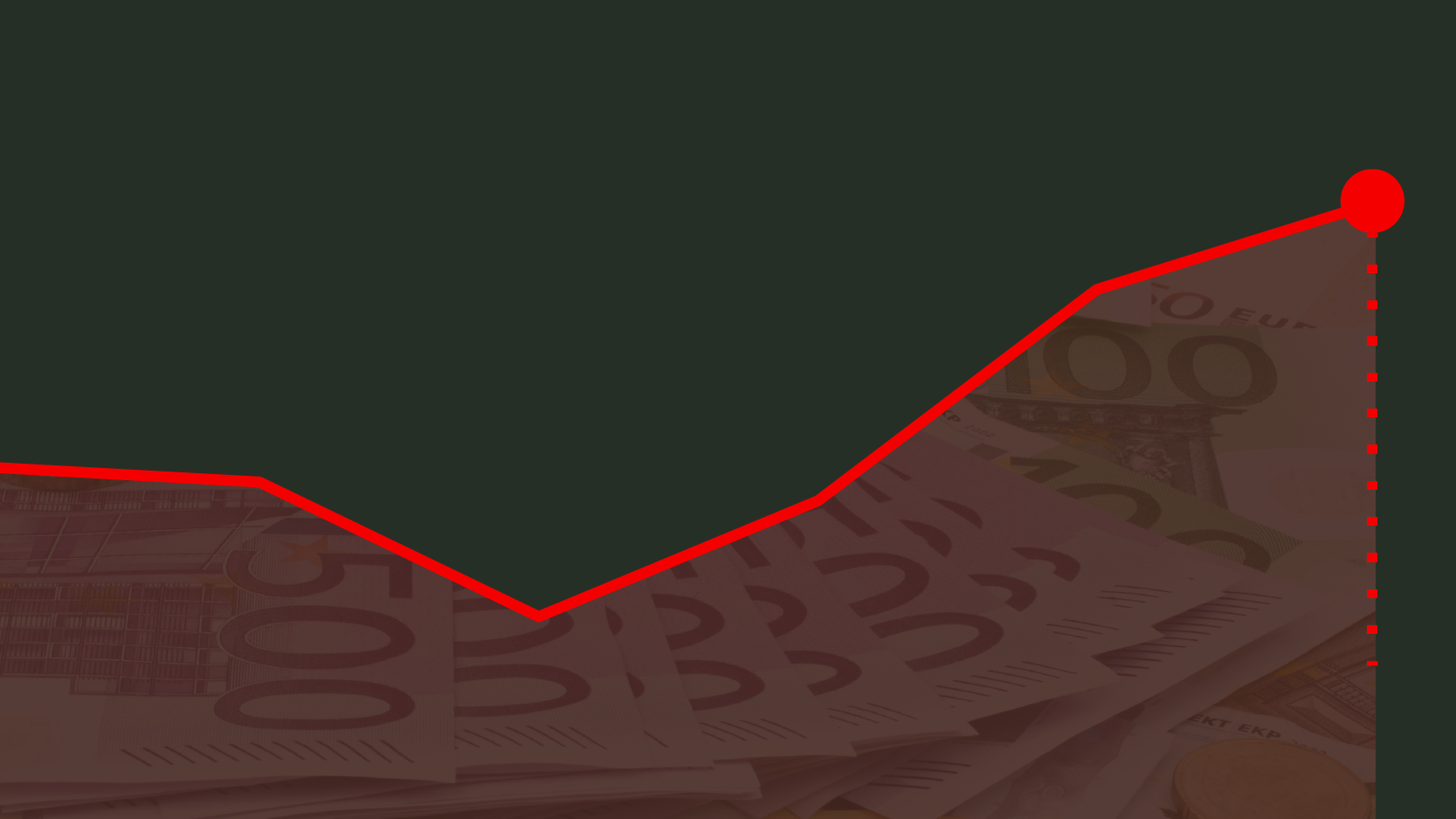IGCP: A change in Portugal’s rating “before 2018 seems unlikely”
"A change in our rating before 2018 seems unlikely". Cristina Casalinho also states it "makes sense" to pay more than predicted, and regards 4% interests for the Portuguese debt as "acceptable".
The CEO of IGCP (Portuguese Treasury and Debt Management Agency), the entity managing the Portuguese public debt, Cristina Casalinho, predicts that only in 2018 will Portugal leave the ‘junk’ status.
Aside from DBRS, no other rating agency assesses the Portuguese debt as a quality investment — Portugal is ‘junk’ in the eyes of the three main agencies in the sector. The Portuguese government believes this situation can be quickly changes; however, Cristina Casalinho says: “Rating agencies give a positive outlook first, and only in the next assessment can there be an improvement in the rating. I do not believe we will have a better outlook in this round of assessment.”
Casalinho believes Portugal will need “another six months to improve its outlook” and, therefore, she believes “a change in Portugal’s rating before 2018 seems unlikely”.
IGCP aims to seek permission from European partners to amortize again more debt to the International Monetary Fund (IMF) than what was initially foreseen – a strategy Cristina Casalinho, CEO of the agency, considers to “make sense”.
During 2017, the Treasury will pay in advance the 1.7 billion euros it is authorized to reimburse, but will seek an agreement to be able to pay more — at least 3.5 billion euros in 2018, although the next payment is scheduled for 2019.
Cristina Casalinho stated that in spite of Portugal being able to finance itself with interests higher than 4% in the markets, in ten-year rates, early repayments to the IMF make sense for two reasons: the IMF interests are even larger than 4%, and the securities reimbursed to the IMF are not at ten-year maturities, but at maturities in which Portugal has lower rates in the markets.
Concerning ten-year interest rates — which were this Monday morning at 4.14% –, Cristina Casalinho is not worried: “If I continue to have a similar primary surplus to that of 2016, which I hope happens again in 2017; if everything points to that direction, 4% rates are acceptable”, she stated. In addition, Cristina Casalinho also stated that 2017 there will be less OTRV [sovereign bonds sold to retail investors – Obrigações do Tesouro de Rendimento Variável] to banks, and worth less than in the previous year.




